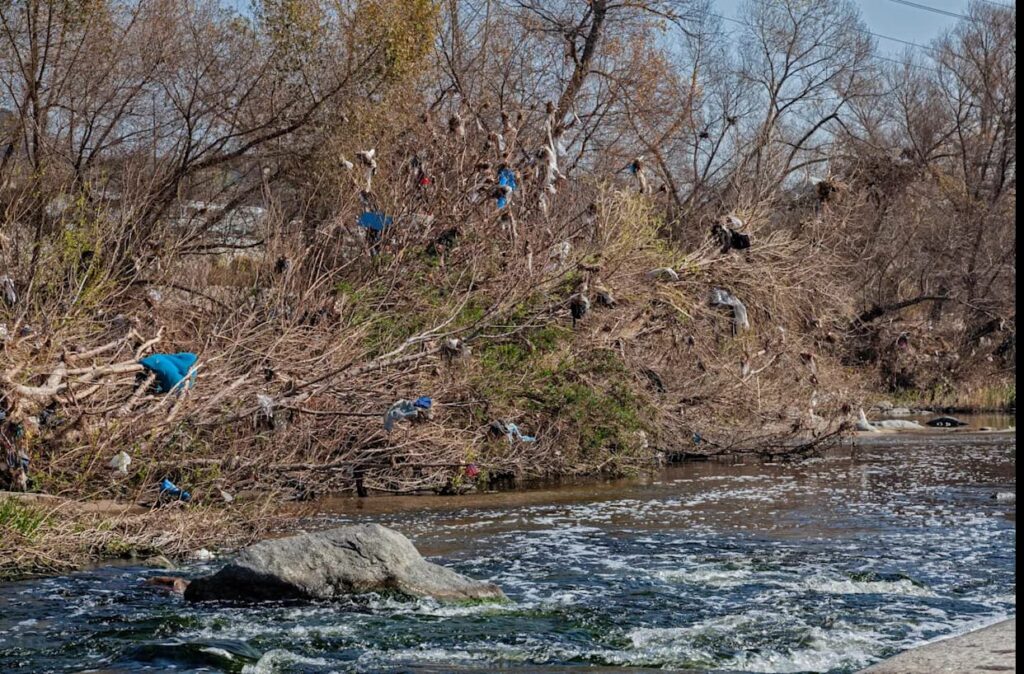
It may seem logical to assume that plastics should be biodegradable, especially since they are made from oil and gas, which in turn originate from ancient plants and microorganisms. However, understanding the science behind plastic production and biodegradation reveals why most plastics persist in the environment for centuries.
The Origins of Plastics
plastics are primarily derived from petroleum, a fossil fuel formed over millions of years from the remains of ancient algae, plants, and microorganisms buried deep within the Earth. Through intense heat and pressure, these organic materials transformed into oil and gas.
One of the key chemicals found in petroleum is propylene. To create plastic, manufacturers heat this propylene with a catalyst, which speeds up the chemical reaction. This process causes propylene molecules to link together in long chains, forming a polymer known as polypropylene. The term “polymer” means “many units,” and in this case, it refers to many propylene molecules bonded together.
What Makes Plastic Resistant to Biodegradation?
Biodegradation is the process by which microorganisms, such as bacteria and fungi, break down substances using special proteins called enzymes. These enzymes recognize and digest natural polymers like lignin, which is commonly found in wood and plant tissues. In the presence of oxygen, these materials are broken down into harmless substances like carbon dioxide, water, and organic matter.
However, synthetic polymers like polypropylene are not found in nature. As a result, the enzymes produced by naturally occurring microbes do not recognize or break down the chemical bonds in these man-made materials. The chemical structure of plastic is extremely stable and resistant to degradation, making it virtually indestructible by natural biological processes.
The Environmental ConsequencesBecause most plastics are not biodegradable, they can persist in the environment for hundreds to thousands of years. Over time, they may slowly break down through exposure to sunlight or mechanical forces. However, the process is extremely slow and incomplete. As a result, plastics can release toxic chemicals into the soil and water, or disintegrate into microplastics, which are ingested by wildlife, leading to harmful ecological effects.
In essence, while plastics originate from ancient organic matter, the refining and manufacturing processes transform them into substances that nature doesn’t know how to handle. Until new biodegradable alternatives are widely adopted, plastic waste will continue to pose a major threat to ecosystems around the world.
